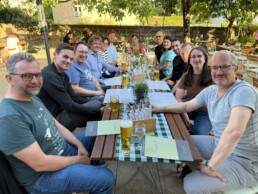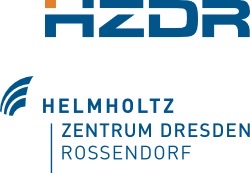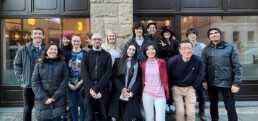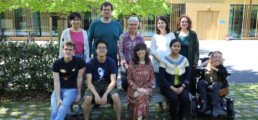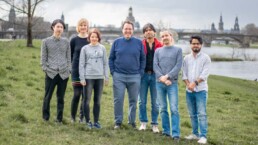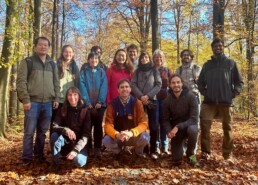Research Focus: Transitioning from observation to utilisation of condensates
A significant amount of evidence suggests that this heterogeneity is largely due to the ability of the cells to form compartments and microenvironments through the controlled assembly of condensates, which exhibit characteristics of phase transitions that are driven by interactions between the biomolecules. The intricate interaction patterns among proteins, DNA, RNA, other biomolecules, and water, as well as their resulting equilibrium and non-equilibrium phases, have moved into the focus of research. Condensates have emerged as another level on which evolution acts to shape protein sequences and epigenetics. However, the interdisciplinary nature of this field poses challenges for quantitative predictions, controllability, and the eventual utilization of condensates in future therapies.
Mission: Training the next generation of interdisciplinary scientists
The unique aim of RTG 3120 ‘Biomolecular Condensates’ is to establish an interdisciplinary educational and research framework that unites biophysicists, soft matter physicists, polymer physicists, biologists, biochemists, and computational biologists in the quest to understand biomolecular condensates from physical principles to biological functions.
Approach: Interdisciplinary supervision and training, international networking
The RTG will offer a unique qualification program in the rapidly developing Biomolecular Condensates field, utilizing the outstanding opportunities available in Dresden. Significant discoveries in the field have been made in Dresden, and this research area has been intensively developed since then, with the number of active researchers in Dresden constantly expanding.
The main goal of the qualification program is to provide combined training in physics and biology, where all relevant aspects of the physics of phase transitions are directly related to and integrated with understanding of biological functions.
Biomolecular Condensates offer a unique opportunity for a coherent interdisciplinary qualification program since the paradigm of condensates incorporates perspectives from various disciplines. Thus, the qualification program has a clear focus within soft matter physics, biophysics, biochemistry, cell biology and computational biology. In addition to lectures, courses, and lab rotations, workshops and retreats will be organized in active collaboration with the doctoral students. Individualized training plans will be developed for each student depending on their background to ensure all students are eventually able to communicate and collaborate with each other regardless of their academic background.
All RTG research projects will involve interdisciplinary collaborations, combining various approaches and techniques to achieve this goal.

